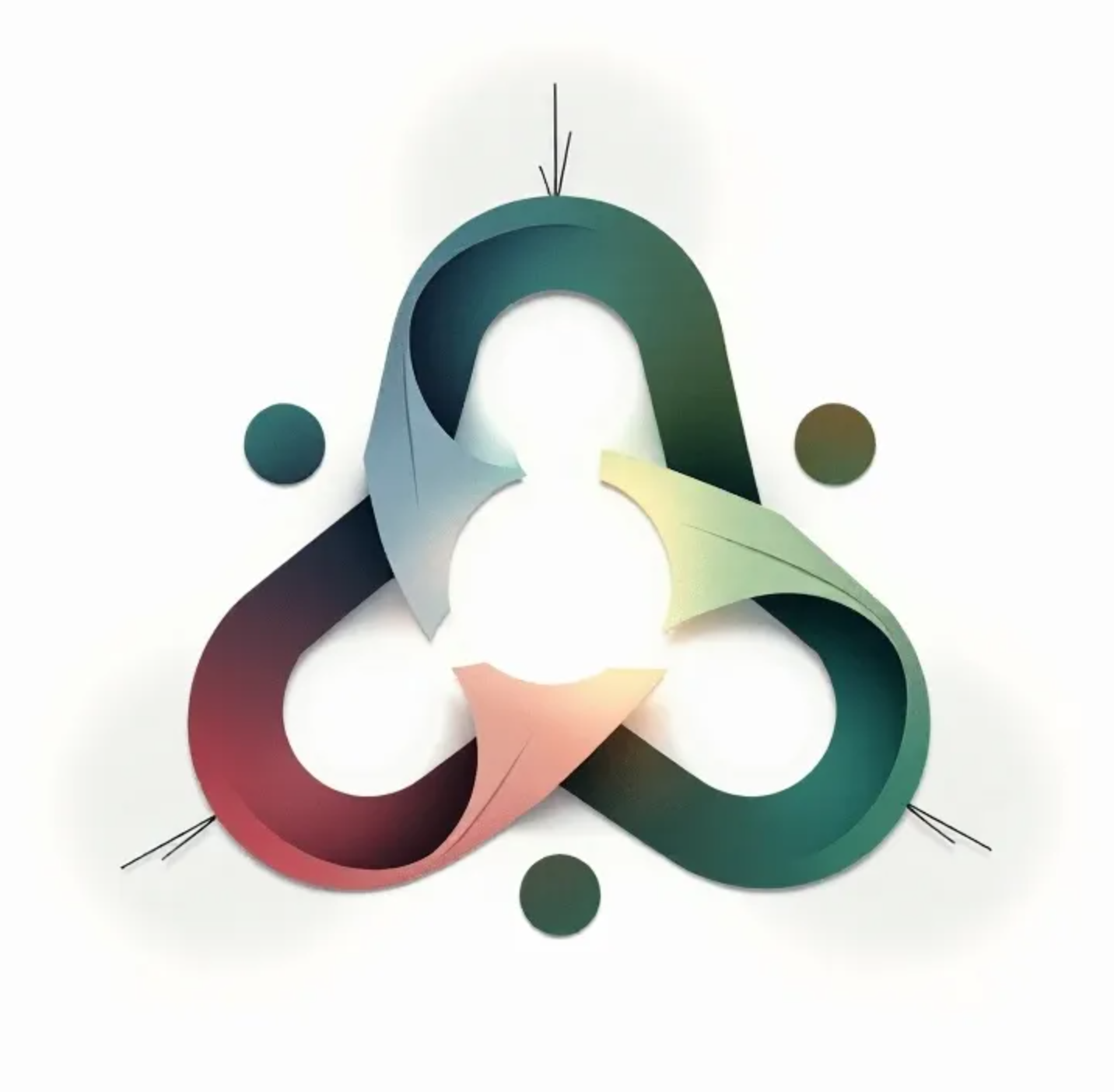Running a Dialogue Session
A METTA dialogue requires minimal setup. Three participants need a shared topic framed as a question or problem statement. Each receives an equal allocation of tokens: time tokens representing minutes of speaking, truth tokens for signaling agreement, and respect tokens for acknowledging conduct. A timer device tracks exchanges.
The session begins with Argumentation. Each participant places time tokens and takes up to two minutes presenting their initial view on the topic. This establishes starting positions and reveals the landscape of perspectives.
From here, any participant can trigger Inquiry by placing a time token and asking another participant a question. The person questioned also places a token and uses their remaining time to answer. If the exchange warrants deeper exploration, it escalates into full inquiry mode. Two participants engage as equals on the specific point while the third assumes a Moderating role, actively listening and guiding deliberation toward resolution. The Moderator uses truth tokens to signal agreement or interest in points discussed, ultimately determining who next has the option to put forward an idea.
When a participant chooses to present an idea, the process enters Ideation. The Presenting participant places a token and explains their proposed solution. The other two take Analyzing roles, asking questions that scrutinize assumptions and develop the idea further. They then place truth tokens if they support the idea. Reaching an agreed threshold advances it to the next stage.
In Discernment, all three participants adopt Discerning roles in an open dynamic focused on making the idea practical. They apply critical analysis to address issues and refine the proposal, again using truth tokens to support contributions until a threshold is met.
The Solution stage involves entirely open deliberation. Participants raise and address any remaining concerns before giving the proposal a final weighting with truth tokens. Only at this point is the solution written down in full, creating a record that can seed subsequent processes.
Throughout the session, respect tokens come into play at stage conclusions. Participants can award these to recognize thoughtful conduct and integrity, building reputation that influences participation in higher-level processes.
Token scores make the process transparent. Truth token tallies show both the level of support an idea has earned and how deeply it has been discussed. Respect token accumulation indicates participant conduct and knowledge contribution. Both carry forward beyond individual sessions.
Multiple dialogues can run simultaneously in workshop settings. Solutions from one process become inputs for others. Participants who consistently demonstrate wisdom and respectful engagement gain standing over time, carrying solutions forward and eventually shaping how narratives develop across connected processes.

